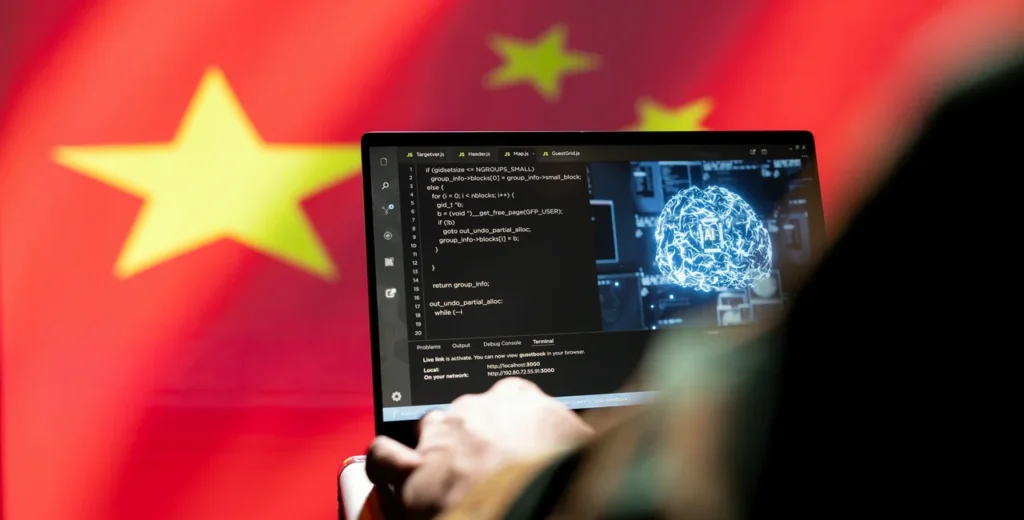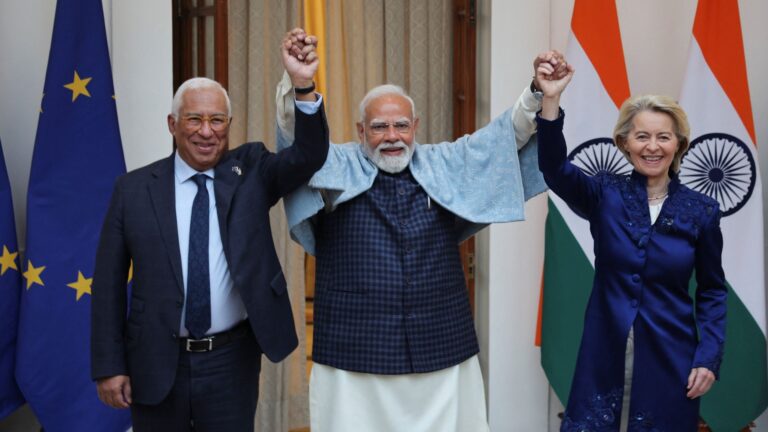
Unveiling the Gray zone of cyberspace.(GETTY)
As war and peace blur, cyberspace emerges as the ultimate gray zone challenging the foundations of international relations. Free from borders or traditional rules, it lets state and non-state actors test power, exploit vulnerabilities, and shape geopolitics often without violence.
Digital espionage and election meddling blur definitions of warfare, making it hard for global bodies to define attacks or breaches. Cyberspace isn’t just technical, it’s a geopolitical battlefield where ambiguity is a weapon.
Cyberspace : A New Battlefront
Unlike traditional warfare, cyber operations are stealthy, deniable, and decentralized. A single line of malicious code can shut down power grids, cripple banking systems, or sway public opinion.
(Consider the suspected cyberattack by china that knocked out Mumbai’s power grid during the Indo-china border standoff in 2020)
Cyberspace operates within a grey area, one neither visible nor guarded by laws . This makes it the perfect tool to use when targeting other states, its digital infrastructure a;ll the while remaining hidden.
Power Without Responsibility?
Realist scholars argue that cyberspace has become a tool of state power enabling countries to pursue strategic goals without risking full-scale war.
Liberal theorists, however, warn that the absence of global norms and enforcement has encouraged unchecked behavior, weakening the rules-based international order.
China’s “Great Firewall” censors internal discourse and exports a model of digital authoritarianism. In one case, a suspected Chinese state-sponsored attack targeted the Czech Republic’s foreign ministry database. Prague responded with open diplomatic condemnation but with no solid attribution, retaliation was nearly impossible.
That’s the paradox of cyberspace: it’s hard to trace digital footprints, and even harder to prove intent. Silence or “naming and shaming” (microphone diplomacy) often becomes the only tool left on the table.

Cyber Deterrence: A Game of Shadows
Unlike nuclear deterrence, cyber deterrence is unclear. Should a cyberattack be met with a digital counterstrike, economic sanctions, or military response? Who decides, and how can any action be justified without definitive proof of who’s behind the attack?
The UN Group of Governmental Experts (UN GGE) has tried to build norms for responsible state behavior in cyberspace but with limited success. Without agreed thresholds or red lines, cyberspace remains fertile ground for low-level, high-impact conflict.
A Challenge to Sovereignty and Security
Cyberspace also challenges the very concept of sovereignty. As digital infrastructure and data flows cross borders, governments struggle to protect their virtual frontiers. Meanwhile, tech giants like Meta, Google, and Microsoft hold power comparable to states, raising new questions: Who controls cyberspace? And who is accountable when things go wrong?
Cyberspace disrupts the traditional idea that only states hold power within fixed borders. Today, power also lies in information – especially your data.
Looking Ahead: A New Kind of Diplomacy
The gray zone of cyberspace demands more than just cyber-defense. It calls for new diplomatic tools, accountability mechanisms, and international cooperation. Experts urge the creation of binding norms , agreements that regulate cyber behavior, clarify intent, and improve transparency.
Whether these efforts can keep pace with technology is uncertain. But one thing is clear: cyberspace is no longer just about communication, it is a domain of power, policy, and high-stakes conflict.
In the digital age, diplomacy isn’t just fought with treaties, tanks, or trade deals it’s fought in chat rooms, coded in algorithms, and executed in milliseconds. The future therefore depends on which states have power to secure data and build rules to guard the said data.
for more information , check out Theworld times website.



